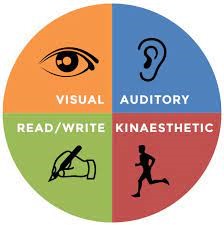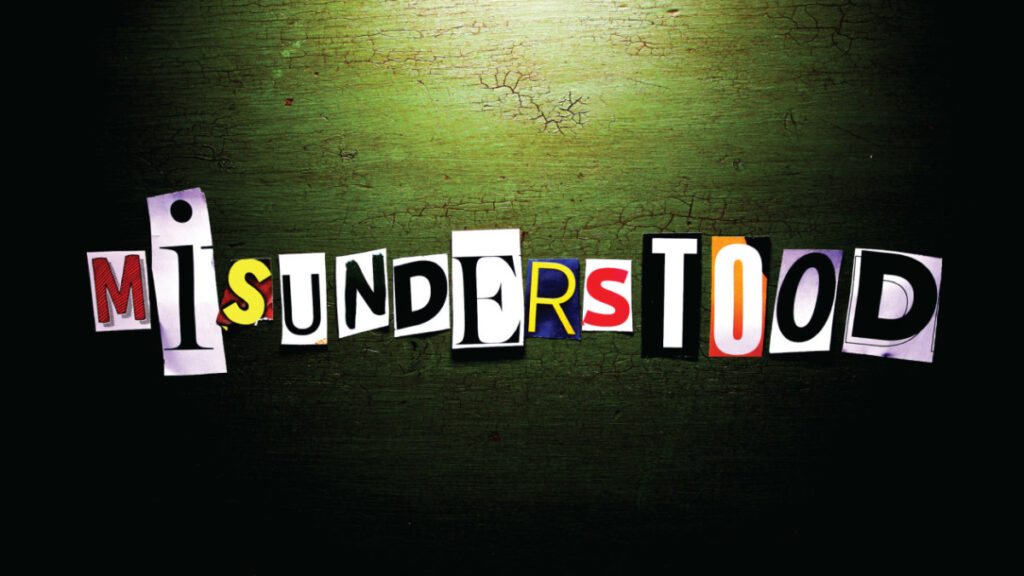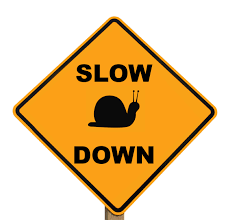Dear Director: The 10-Second Child in the 1-Second World Edition
Dear Director,
My 7-year-old adopted daughter and I fight every time it is time to go anywhere. She takes so long to get and be ready to go that it feels like she is stalling on purpose. My Post Perm worker told me she is a 10-second child in a 1-second world and needs more time to process information. I’m having trouble buying into this idea. After all, my daughter is 7 and very smart and capable. Please share your wisdom.
Signed, Doubtful
Dear Director: The 10-Second Child in the 1-Second World Edition Read More »










